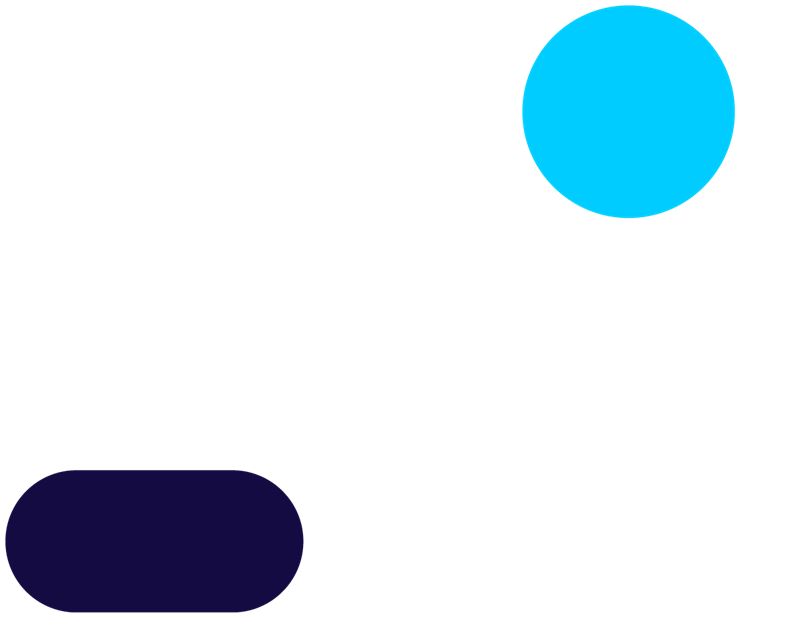IQVIA Connected Healthcare Platform
Improve operations for better healthcare delivery
Operational Solutions that can deliver insights into all areas within healthcare systems, enabling an optimization of existing resources to improve efficiency and deliver better patient outcomes. With expertise in healthcare and data analytics, we assist healthcare systems to develop and implement effective short- and long-term planning strategies.























